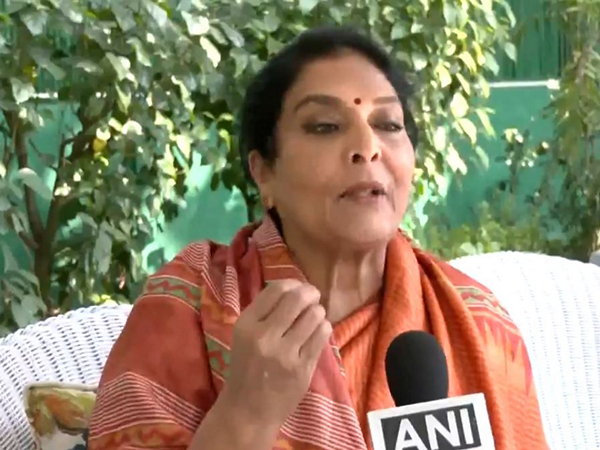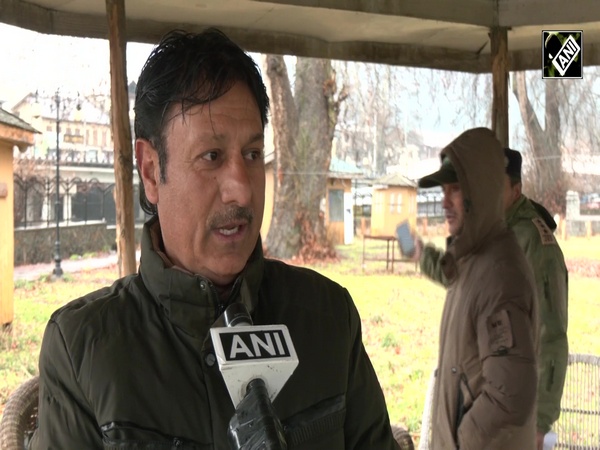Taiwan's New Southbound Policy must become more "people-centric": academic
Dec 22, 2022

Taipei [Taiwan], December 22 : The Taiwanese government continues to promote the New Southbound Policy (NSP), it needs to be more people-centric, specifically for countries such as India, Australia, Malaysia and Singapore, Taipei Times reported citing an Indian academic.
Notably, NSP was introduced on September 5, 2016, and launched the promotion plan to strengthen Taiwan's relations with its neighbours to the south, from South and Southeast Asia to Australia and New Zealand.
The plan prescribes specific measures for four focal areas: economic and trade collaboration, talent exchange, resource sharing and regional connectivity. By pushing economic, technological and cultural exchanges, Taiwan hopes to share resources, talent and markets with those countries while creating a new and mutually beneficial model of cooperation. These efforts will in turn build a sense of economic community and enable Taiwan to integrate more fully into the regional economy.
On December 14, while addressing the event hosted by the Taiwan-Asia Exchange Foundation (TAEF), Indian academic Sana Hashmi said that there need to be different policies for different countries, "specifically for countries such as India, Australia, Malaysia and Singapore... It is a people-centric policy."
She added that the single policy won't fit all 18 countries, according to Taipei Times.
Hashmi is a postdoctoral fellow at the TAEF and an affiliated academic with the Research Institute for Indo-Pacific Affairs in Japan.
The government ought to make more effort to strengthen people-to-people ties between Taiwan and NSP partner countries, through either the promotion of tourism or educational cooperation, such as the provision of scholarships and fellowships, she said.
During her speech, Hashmi also said that many Indian students had chosen Taiwan for their further education after China stopped the visa program for international students due to its covid policy.
Educational cooperation is important, as those Indian students who come here would "look at Taiwan on its own merits from Taiwan's perspective, and not from the Chinese perspective," Taipei Times quoted Hashmi as saying.
A robust migrant worker policy is missing from the NSP, which reflects calls by human rights groups for the inclusion of greater migrant worker protections in the NSP, she said.
Speaking about the relationship between Taiwan and India, Hashmi said that India's policy toward Taiwan has "definitely changed," and that it views the nation more positively than before.
In her speech, Hashmi also gave External Affairs Ministry spokesperson Arindam Bagchi's statement in August where he openly called for restraint from all parties to avoid unilateral changes to the "status quo" in the Taiwan Strait, she said.
"That was a huge policy change," Hashmi said of Bagchi's comments.
Bagchi, in August, during his weekly briefing said that efforts should be made to maintain peace and stability in the region.
"Like many other countries, India too is concerned at recent developments. We urge the exercise of restraint, avoidance of unilateral actions to change the status quo, de-escalation of tension and efforts to maintain peace and stability in the region," Bagchi said to a question about tensions in the Taiwan Strait.
In response to a question on India's position on the one-China principle, the MEA spokesperson said, "India's relevant policies are well known and consistent and they do not require reiteration."




















